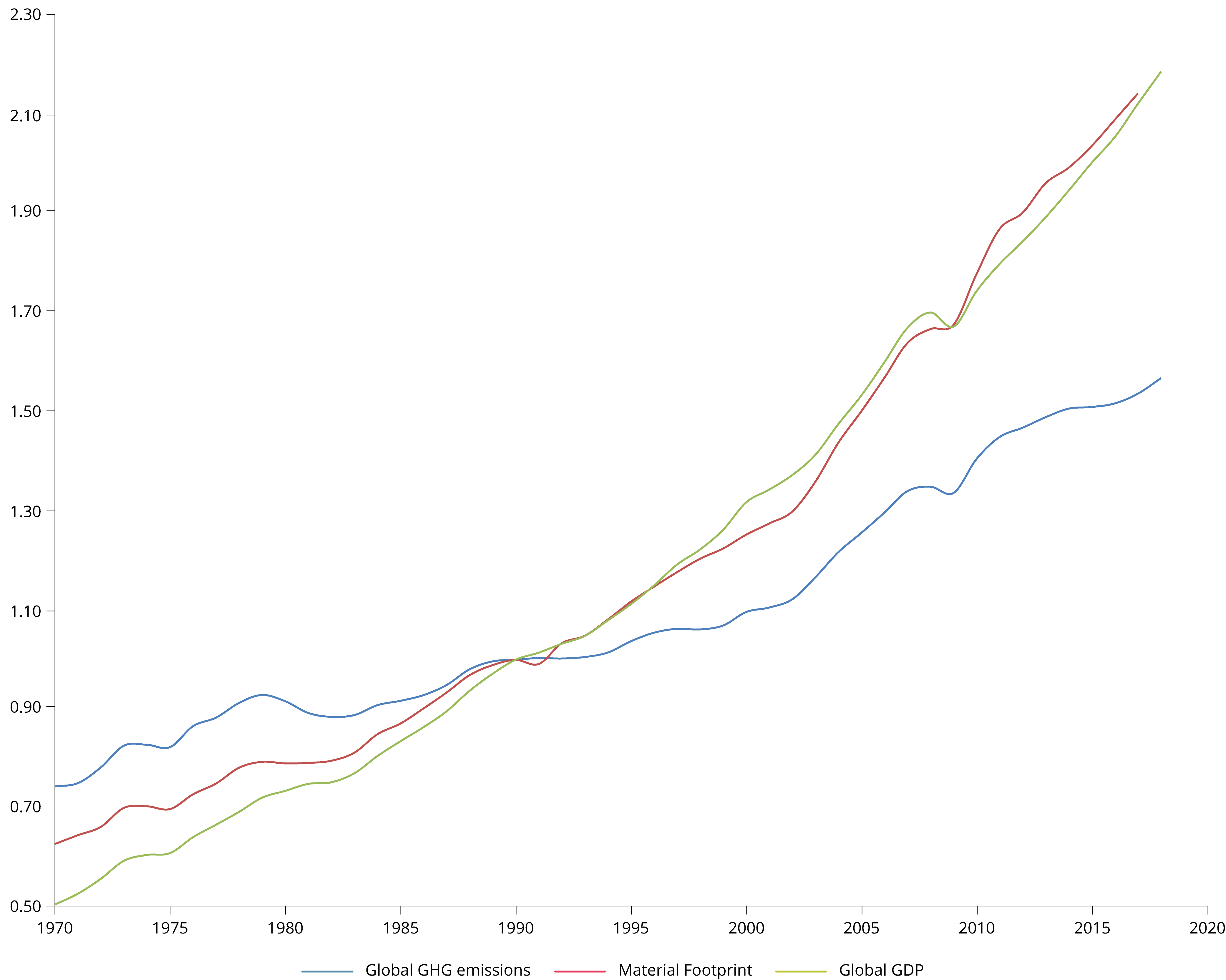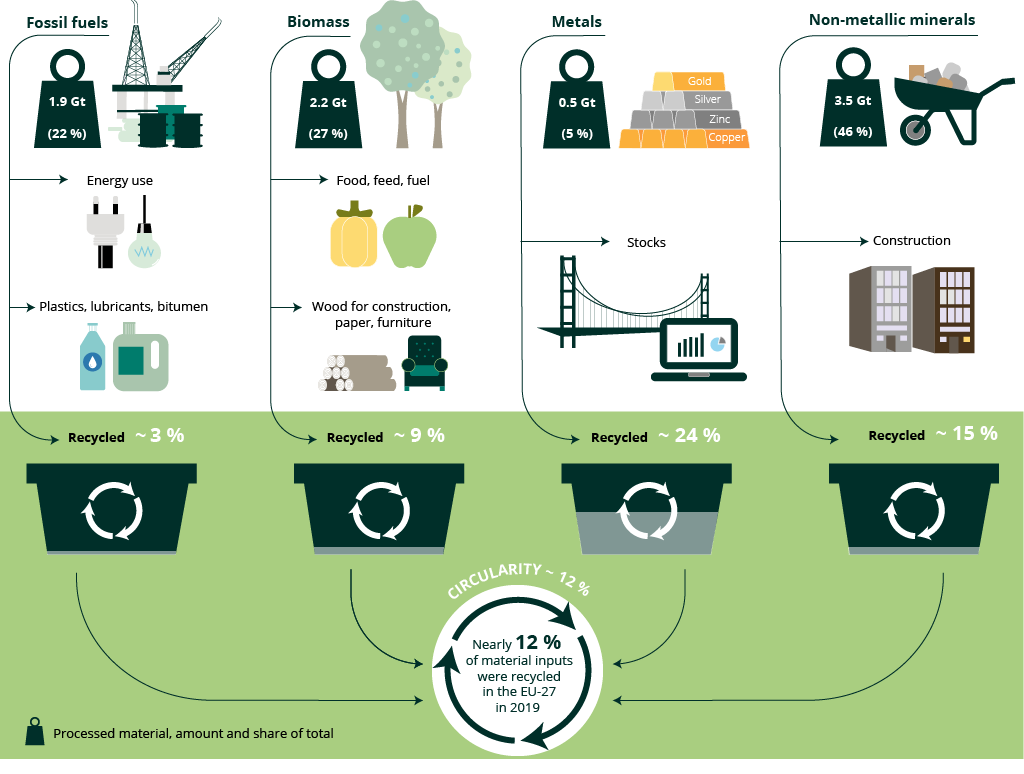|
Mad Wack posted:some goon linked this sketchy rear end shadowstats site as a place to get a more real number i trust shadowstats more than i trust the actual united states government
|
|
|
|

|
| # ¿ Apr 27, 2024 04:58 |
|
IAMKOREA posted:my mom teaches pre-k and my wife taught 4th grade and for 'snack' they get all this awesome stuff since michelle obama started her deal. my wife used to bring weird poo poo like little plastic bags full of seaweed home all the time - when i was a kid we got poo poo like brownies or peanut butter wafers, probably like most people reading this forum. but the absolute best was last christmas. we were all home for christmas, and my mom had like 30 bags of lemons in the fridge. we asked, what are those? 'oh, they were the kids snack last friday, they didn't eat any'. my brother was like 'um well maybe they are sweet?' and took a big bit out of one... his lips puckered, he spat it out, 'thats the most sour lemon i've ever tasted'. 
|
|
|
|
meanwhile at the european environmental agencyhttps://www.eea.europa.eu/themes/sustainability-transitions/drivers-of-change/growth-without-economic-growth posted:Briefing - Growth without Economic Growth Hubbert has issued a correction as of 20:28 on Jan 16, 2021 |
|
|
|
Nice and hot piss posted:Houses which are valued at 400k will be a million by the end of the year. And they won't go down because nothing goes down in this world! by 2030 you will own nothing and be happy
|
|
|
|
Fame Douglas posted:Bitcorn and ~*~The Market~*~ haven't really correlated in the past, can't imagine it being a harbinger of anything but Cryptocurrency being extra stupid and speculative. Now hang on a moment. Back in February / March, I seriously debated dumping some money into Bitcoin (despite laughing at it for years) in the belief that it would function as a hedge against the stock market. Instead, I stayed back, because it tracked too closely with the dumping of the equity markets - and if I had bought in, I'd be out a ton of money. And then, the money printer went brrrr ... and asset inflation became the new norm with us. Crypto got popular in the later part of 2020, probably because it was the "next thing" that you could "get in early" on. Here's an article that also explores whether Bitcoin has any predictive ability or not: https://ideas.repec.org/p/cui/wpaper/0054.html And finally, for the gooniest answer, this particular line from The Long Dark keeps sticking with me: quote:In the mid-20XX, the ongoing global economic crisis, fueled by continued political instability in the US and Europe, contributing to increasing volatility in the financial markets, led to the sudden catastrophic collapse of the Canadian, and in general, the North American banking system. This immediately rendered Canadian currency worthless, triggered super-inflation of the US dollar, and all trade and economic activity promptly shifted to the Chinese Yuan or crypto-currencies (a la Bitcoin). Crippled economically, Canada was bought under the financial oversight of the North American Economic Zone, which positioned Canada as a kind of protectorate of a larger US-based economic bloc. From this point onward, the majority of economic activity became centralized on Canada's already densely urbanized population, with smaller rural and remote communities being essentially cut off. Without a local economic lifeline many of these communities had become dependent on for their continued existence, most rural or remote communities became hollowed out, as people fled to urban areas in search of greater economic stability. Hubbert has issued a correction as of 18:45 on Jan 21, 2021 |
|
|
|
Centrist Committee posted:cool journal entry thanks i'll keep my sincere posts to myself
|
|
|
|
Brunch Covidian posted:GameStop trading halted; shares up 1000%. This is because more people sold short on it than shares even exist, requiring institutional investors to buy the underlying stock to hedge, driving the price up further, attracting even more short sellers, etc etc etc. Currently, the stock is over subscribe to shorts; short sellers hold contracts for over 109% of its outstanding shares. People think it's such a sure bet to crash that they've created a scarcity of shares and an increase in price. just like Number, gamers rise up
|
|
|
|
Clark Nova posted:is it actually going to crash this time around or is venture capital just going to buy up all the housing and make everyone renters? No better opportunity to buy in Canada with climate change on the horizon!
|
|
|
|
Mr Hootington posted:I can't believe a bunch of you jumped in lmao
|
|
|
|
https://twitter.com/chamath/status/1354089928313823232 https://twitter.com/ParikPatelCFA/status/1354092434649714688
|
|
|
|
can't believe GME is releasing black tuesday 2, loving pre-orders
|
|
|
|
https://www.youtube.com/watch?v=YHv5jgXz9I8
|
|
|
|
Danger posted:I guess it’s a testament to global finance how quickly the thread about how finance capital is destroying the world turned into a day treading thread Centrist Committee posted:if it’s about how you have money to speculate on the stock market and cryptocurrencies then yeah that would be cool. there are a ton of forums outside of cspam for the kind of thing. anyways, here's some more information for other gamblers in this thread: https://www.highshortinterest.com/
|
|
|
|
Rutibex posted:even a single percentage fall in canadin housing prices would be the boomer apocalypse anime was right posted:do it i dont loving care anymore
|
|
|
|
quote:Saudi Aramco hints at future yuan bonds in potential coup for China quote:China is sounding the alarm about a global market bubble
|
|
|
|
Centrist Committee posted:I think oxsnard is just a markov bot hooked up to a market ticker and set to post at random intervals aren't we all?
|
|
|
|
ok i am now genuinely worried about blood
|
|
|
|
JAY ZERO SUM GAME posted:gently caress the moon https://en.wikipedia.org/wiki/Project_A119
|
|
|
|
the 2016 lover posted:it is in fact difficult to ethically consume under capitalism but i think these people are just talking about sandwiches oh? you consume food? you filthy loving trash edit: i love banh mi, you can buy their bread loaves at the really good places
|
|
|
|
Ocean Book posted:I’m pretty sure the development of agriculture (on a scale to support civilization) was triggered by the glaciers retreating 10,000 ago (start of the quaternary interglacial period) which can explain the simultaneous development across disparate populations. ”Too Smart for Our Own Good: The Ecological Predicament of Humankind – Pages 89-91” posted:The food crisis in prehistory Hubbert has issued a correction as of 15:56 on Mar 28, 2021 |
|
|
|
gradenko_2000 posted:Found my old reference: "The Color of Law" by Richard Rothstein the cool thing about restrictive covenants is that they're still used to do really lovely things, like preventing new grocery stores from opening in locations previously occupied by other grocery stores (safeway/albertson does this)
|
|
|
|
PawParole posted:everything is red including VIX commodities are up
|
|
|
|
Fame Douglas posted:No one reads huge effortposts by clearly mentally ill posters on here, though. 
|
|
|
|
net work error posted:Can we get that edited so that it's Jay's head instead 
|
|
|
|
lmao you did all the faces awesome
|
|
|
|
Mad Wack posted:nah, things will just get shitter and people will adjust - think soviet collapse except the soviet union was far better equipped to handle sudden system collapse than the united states ever would be
|
|
|
|
Jel Shaker posted:i would just like to add that the smart tv i bought last year is full of ads , despite me paying the “full” price 
|
|
|
|
Real hurthling! posted:in 08 the obama thread got like 3-4 pages posted per minute and LF was struggling to slay the last ron paul believer and claim their safe space as the cradle of anti dnd posting. it was an era of hope and delusion and i do not remember posting about number as much as posting about how funny the user name butt cord was Archduke Frantz Fanon posted:*tugs teh buttcord* cspam will never know the joy of giant swinging cat tiddies
|
|
|
|
Thorn Wishes Talon posted:
glad to see you're all discovering the joys of living in the vancouver real estate world
|
|
|
|
Thorn Wishes Talon posted:it's not just vancouver that is like this anymore this is also my point
|
|
|
|
bagual posted:thanks friend! this is actually one of the principal factors behind the arab spring
|
|
|
|
crossposting my own post from canadian debt thread because lmfao"Douglas Todd: Canadian real-estate market better for foreign investors than locals, admits housing secretary posted:
|
|
|
|
crypto number appears to be upset right now
|
|
|
|
Mr. Lobe posted:Buy the dip 
|
|
|
|
Shear Modulus posted:JANET JAN!!!
|
|
|
|
my bony fealty posted:the concept of living in a state that's not the sole global hegemon is going to psychically damage so many Americans in a bad bad way, we are not prepared for the next couple decades at aaallllll "im still exceptional, im still exceptional!!!" screams america as it follows all the empires before it
|
|
|
|
Pittsburgh Fentanyl Cloud posted:Building codes hosed this up too, cities were built on dense first floor retail + apartments above and that's illegal now in most places. anime was right posted:create mandatory parking maximums baybe awooo seeing posts like this makes me want to get sitchensis, apatheticposter, and myself together to make a c-spam urban planning thread 
|
|
|
|
welcome to a world called biophysical & ecological economics *whipcrack*
|
|
|
|
Centrist Committee posted:cnn’s front page is warning of impending gas shortages lol the 70s are back baby drat i was only off by four years
|
|
|
|

|
| # ¿ Apr 27, 2024 04:58 |
|
Mr Hootington posted:https://twitter.com/DeItaone/status/1387473917699403782?s=19 holy poo poo
|
|
|












